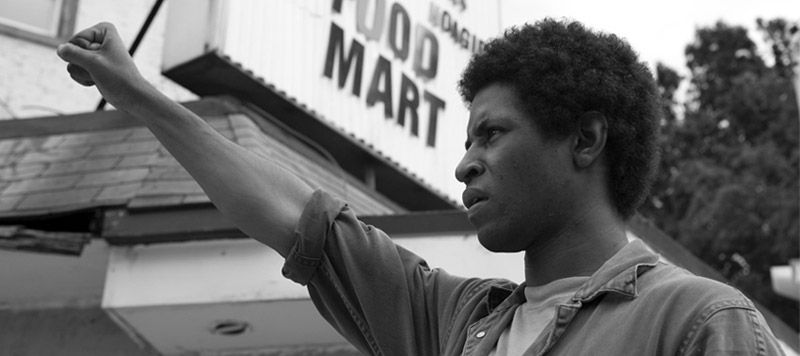

1960s was a time of social and political change around the world. Many colonial nations established their independence during the 60s, finding new political footing. Other nations experienced significant political strife. In the US, a battle raged between the government and bourgeoning political groups advocating mostly for under-represented citizens. Among these groups the Black Panther Party (BPP), a political organization grounded in Black Nationalism and advocating for social change for African-Americans. Considered to be one of the most significant social, political and cultural movements in US history, the Black Panther Party was established in 1966 but was all but disbanded by the early 1970s. Today, many continue to wonder how such a strong political organization could have experienced such a rapid demise. While debate lingers today about what factors led to that demise, many former Panthers and others contend that it was solely the result of a government conspiracy. From the mid-1950s throughout the 1960s accusations abounded about a covert FBI program bent on disrupting political organizations in the US. The disruptions ranged from the trivial (reprints of articles forwarded to college administrators) to the degrading (coloring books distributed by the FBI in the name of BPP, advocating children to celebrate violence). Later, graver assertions arose: the FBI was feeding information to police departments which—knowingly and unknowingly—carried out assassination plots at its behest. To many, these stories appeared circumspect and baseless, and the controversy went unnoticed. But the disturbances—aimed primarily at Black political organizations, most notably the Black Panther Party—continued and affected liberal and conservative organizations alike, from the Communist Party to the Ku Klux Klan. Only when activists broke into an FBI office in Media, Pennsylvania in 1971 was the truth confirmed about a secret program run by the FBI called COINTELPRO. Among the documents later discovered was a memo by the notoriously overzealous FBI director, J. Edgar Hoover, which said, “the purpose of the counterintelligence action is to disrupt the BPP and it is immaterial whether facts exist to substantiate the charge.” The documents were damning and COINTELPRO was abandoned the same year. An investigation launched in 1976 by a subcommittee of the United States Senate, known as the Church Committee, concluded that, “the techniques [used by the FBI] would be intolerable in a democratic society, even if all of the targets had been involved in violent activity, but COINTELPRO went far beyond that…” Later, the committee deemed many of COINTELPRO’s actions to be illegal. Today, opinions vary widely about how significantly the actions of COINTELPRO were in the demise of the BPP. Many blame COINTELPRO solely for creating distress and fomenting irreparable damage between community members and police. Others attribute the demise of the Panthers more to the strife within its ranks. The fact remains that the assassination of BPP members like Bobby Hutton and Fred Hampton live on as examples of this tragic chapter in American history. Many believe today that as many as twenty BPP members were assassinated as part of the program, for which the FBI claims no part. The fact that Hoover and the FBI kept COINTELPRO hidden for so long only serves to foster plausibility in the conspiracy. NIGHT CATCHES US endeavors to portray characters drawn into the violence and betrayal of this time and living in its aftermath. ---------------------------------------------Reading
Film
Art
|